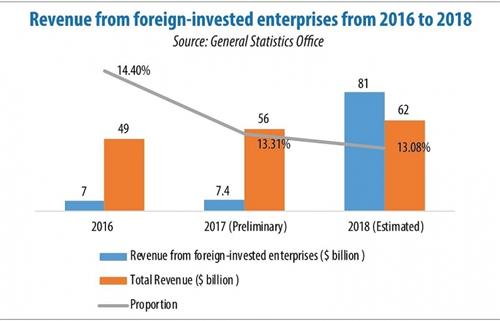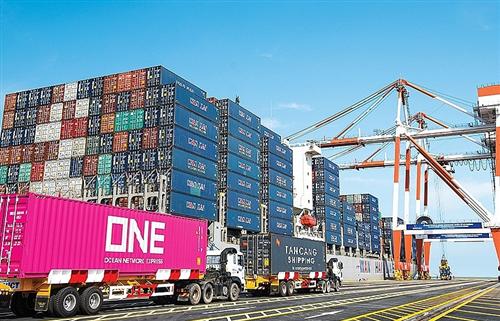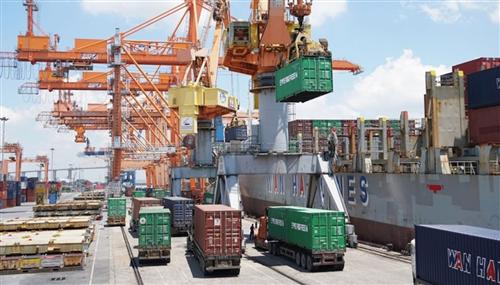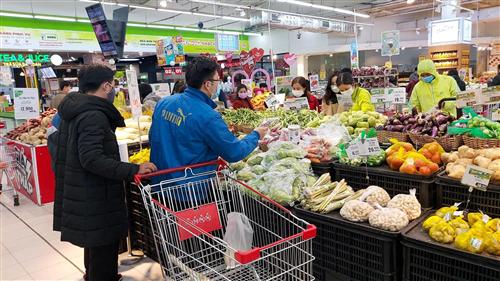Draft law ensures consistent practice
Draft law ensures consistent practice
In order to continue improving Vietnam’s business environment, the Ministry of Planning and Investment is drafting two new laws, one of which will amend and supplement the current Law on Investment. Yee Chung Seck, partner at Baker McKenzie, takes a look at the draft law and highlights some of the proposed key changes.

Yee Chung Seck, partner at Baker McKenzie
|
First, the draft Law on Investment proposes no change to the definitions of overseas investors and foreign-invested economic organisations.
Similarly, there is no change to the list of foreign-invested economic organisations that will be treated as overseas investors when they make subsequent investments into other economic groups.
In order to conduct investment and business activities in Vietnam, international investors must be aware of two major conditions. First are the business conditions, which are those that any entity engaging in a regulated industry must satisfy (regardless of foreign ownership). These conditions typically include permits, eligibility certificates, practicing licenses, and confirmation letters.
Second is market access conditions applicable to foreign investors, which they must satisfy to invest in a specific sector. The draft law proposes that market access will include conditions on (i) foreign ownership limitations, (ii) form of funding, (iii) scope of business and investment activities, (iv) the capability of the investor and business partners joining the activity, and (v) other conditions stipulated under Vietnamese laws and international treaties.
The draft law provides that the government will issue a list of sectors in which foreign investors are restricted from accessing, which must specify the sectors where market access is not yet allowed as well as the sectors where market access is conditional. This list should help create a consistent framework for determining whether foreign investment is allowed in a specific sector as well as the conditions that such investors must satisfy before entering the market.
Further, the list of restricted sectors will follow the “negative list” approach, which means that foreign investors will be treated as domestic equivalents for any sectors not included in such list.
With respect to investment projects using certain land areas, the financier will be selected through one of three methods. The first is an auction of land use rights in accordance with land laws (applicable to land parcels eligible for auction under the land laws); second is an in-principle approval granted by the National Assembly, the government, or the provincial people’s committee (depending on the project scale); and the third is a bidding process in accordance with relevant laws, if the project does not fall into any of the previous two circumstances.
However, the draft Law on Investment limits the cases where an investor may be selected by in-principle approval, in particular:
* The selected investor already has a legitimate land use right (except where the state retrieves the land use right for auction purposes in accordance with land laws);
* The selected investor implements a manufacturing, innovative, or research and development (R&D) project located in an industrial zone, functional area inside an economic zone, high-tech zone, or civil airport;
* In the case of an auction of land use right or a bidding process, when the auction/bidding period has expired, there is only one investor registering to participate in the auction/bidding; or the auction/bidding is not successful; or
* Other cases where the law does not require auction of land use rights or bidding process to select investors.
In addition to the investment support and incentive policy stipulated under the current Law on Investment, the draft set forth legal grounds for the government to provide an exceptional incentive regime for two types of ventures, which are considered as having significant socio-economic impact.
The first is establishment of new R&D/innovation centres or expansion of existing centres with investment capital of at least VND6 trillion (about $261 million). The second involves funding projects in business lines eligible for exceptional investment incentives with total investment capital of at least VND30 trillion (around $1.3 billion), and at least VND10 trillion (about $435 million) being disbursed within three years.
Under the current Law on Investment, a foreign investor is required to obtain merger and acquisition (M&A) approval from a local licensing authority if it intends to contribute capital to, or acquire equity from, an existing company if (i) the target engages in business lines conditional to overseas investors, or (ii) the capital contribution or the equity acquisition results in 51 per cent or more foreign ownership of the charter capital of the target company.
In practice, these regulations are interpreted differently by licensing authorities in different provinces. To ensure consistent practice across the country, the draft Investment Law proposes to clarify the specific instances where M&A approval is required, in particular (i) an increase of foreign ownership in a target company engaging in business lines named in the market access list; (ii) an increase of foreign ownership in a target company from less than 51 per cent to 51 per cent or more of the charter capital; (iii) an increase of foreign ownership in a target company where foreign ownership of the charter capital is already 51 per cent or more; or (iv) the target company is utilising land located within areas with an effect on national security, such as sea islands, borderlands, and coastal areas etc.
It appears that industry-specific business conditions will no longer subject a foreign investor to obtain M&A approval.



























